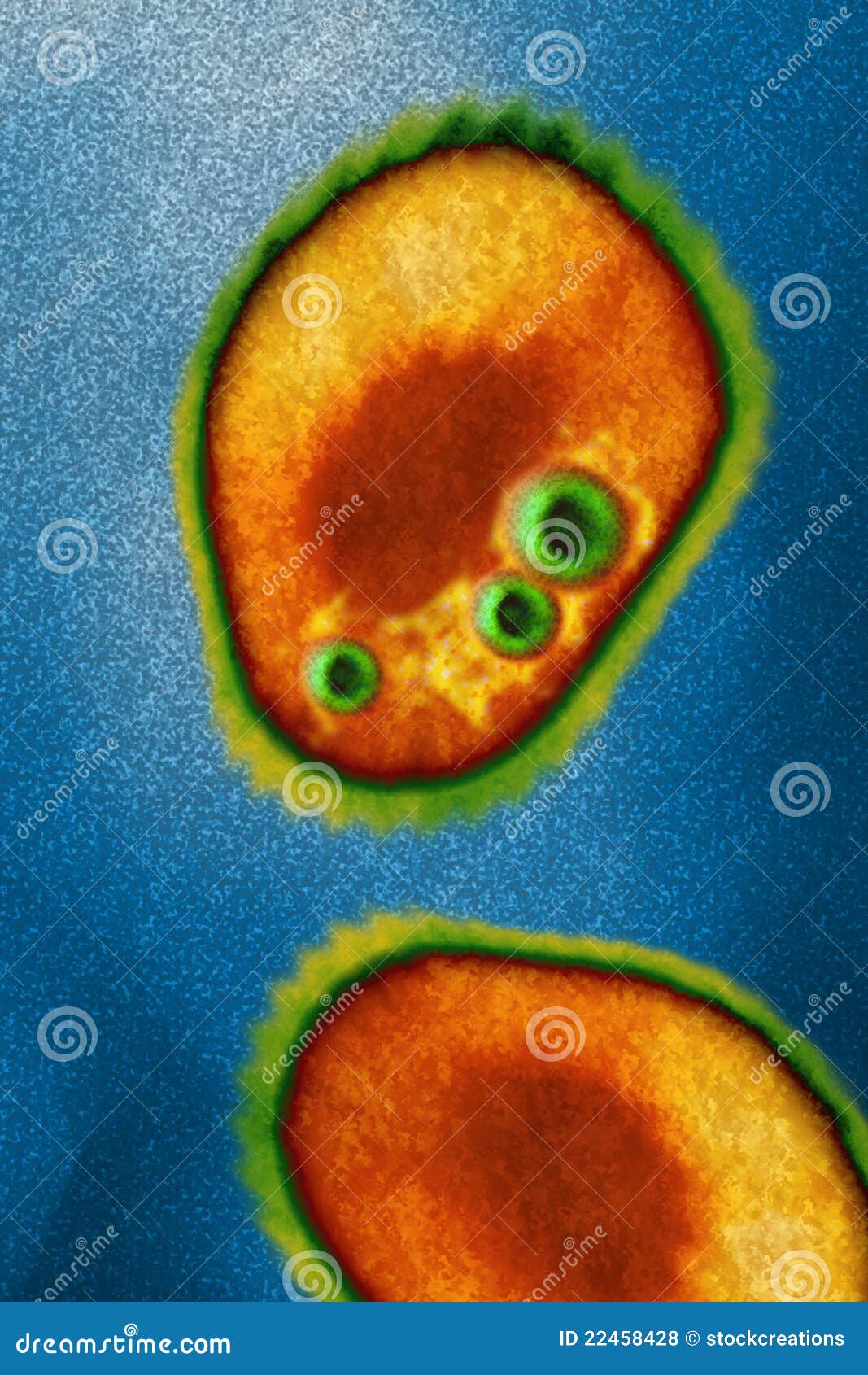Norovirus is a common and contagious virus that causes vomiting and diarrhea. Learn how to prevent, diagnose and treat norovirus infection and its complications. Norovirus is a highly contagious virus that causes vomiting and diarrhea. Learn how to diagnose, treat and prevent norovirus infection from Mayo Clinic experts. Norovirus is the most common cause of gastroenteritis, a disease characterized by diarrhea, vomiting, and stomach pain.
It is usually spread by the fecal-oral route, through contaminated food, water, or person-to-person contact, and can be prevented by proper hand washing and disinfection. Norovirus was originally called the Norwalk virus after the town of Norwalk, Ohio. That's where the first confirmed outbreak happened in According to the CDC, noroviruses trigger about 19
Norovirus is a highly contagious virus that can cause vomiting, diarrhea, and stomach pain. Learn how norovirus spreads through contaminated food, water, or surfaces, and how to protect yourself and others. Norovirus is a small virus that is highly contagious among humans.; Norovirus has no respiratory symptoms, normally lasts 24-72 hours, and rarely causes severe complications, except in the elderly where dehydration can occur A person with influenza may also have a low-grade fever, chills, and body aches.; People acquire the virus by ingesting material contaminated with small amounts of According to the latest data from the Centers for Disease Control, there were almost 500 outbreaks of norovirus in U.S. states surveyed from August to December 2024, a significant rise from the Symptoms of norovirus. You're likely to have norovirus if you experience: suddenly feeling sick; projectile vomiting; watery diarrhoea; Some people also have a slight fever, headaches, painful stomach cramps and aching limbs. The symptoms appear 1 to 2 days after you become infected and typically last for up to 2 or 3 days.Norovirus - NHS inform
Norovirus is a highly contagious virus that can cause vomiting, diarrhea, and stomach pain. Learn how norovirus spreads through contaminated food, water, or surfaces, and how to protect yourself and others. Norovirus is a small virus that is highly contagious among humans.; Norovirus has no respiratory symptoms, normally lasts 24-72 hours, and rarely causes severe complications, except in the elderly where dehydration can occur A person with influenza may also have a low-grade fever, chills, and body aches.; People acquire the virus by ingesting material contaminated with small amounts of According to the latest data from the Centers for Disease Control, there were almost 500 outbreaks of norovirus in U.S. states surveyed from August to December 2024, a significant rise from the Symptoms of norovirus. You're likely to have norovirus if you experience: suddenly feeling sick; projectile vomiting; watery diarrhoea; Some people also have a slight fever, headaches, painful stomach cramps and aching limbs.
The symptoms appear 1 to 2 days after you become infected and typically last for up to 2 or 3 days.
Norovirus is the leading cause of vomiting and diarrhea, and foodborne illness in the United States. Learn how to prevent catching and spreading norovirus, how it spreads, and about current outbreaks and reporting systems.
/i.s3.glbimg.com/v1/AUTH_59edd422c0c84a879bd37670ae4f538a/internal_photos/bs/2017/T/n/xZcoQ2RbuEQScLNtLnTA/novo-virus-gigante-descoberto.jpg)

